US urges UK to take back two Daesh suspects from Syria
Authorities in the United States are seeking to block Britain’s efforts to extradite two notorious Daesh militants which the country’s Home Office (interior ministry) hopes would be tried in a court which permits execution.
The commander of US special ops, Major General Patrick Roberson, called on London on Monday to take back El Shafee Elsheik and Alexanda Kotey, two radicalized British nationals who had fought among the ranks of Daesh militants in Syria over the past years.
Asked by the BBC whether the El Shafee Elsheik and Alexanda Kotey should be repatriated to the UK, Major General Roberson said: “We would certainly like them to be.”
He said the Syrian Democratic Forces (SDF), a US-backed coalition of mainly Kurdish militants in northeastern Syria, and the US were “working very hard to make sure that the countries of origin get these foreign terrorist fighters back into their custody”.
Roberson admitted it was a decision for each country involved, but he added: “I think the SDF and us would certainly like them to be repatriated to where they came from.”
Elsheikh and Kotey are each accused of being part of a four-person Daesh cell, known as “Beatles” because of their British accents, which has been suspected of beheadings of 27 people, including westerners, in Syria. The notorious cell also included Mohammed Emwazi, known as “Jihadi John”, who was killed in a US air strike in 2015, while the fourth suspected member was Aine Davis, who in now behind bars is Turkey.
Refusing to receive the Daesh suspects, the UK government has held talks with Washington to send the terrorists to the US instead so that they could stand trial over their alleged involvement in the murder of hostages.
If found guilty in the US, the pair could face the death penalty, a practice currently banned in the United Kingdom. Elsheikh’s mother, Maha Elgizouli, has lodged a legal action against the British government, challenging Home Secretary Sajid Javid's decision to share evidence with US authorities without gaining any assurances the men would not face execution if they were extradited there.
Lawyers working for the Home Secretary have disputed Elgizouli's case, saying it was not yet known whether the pair would be charged in the US. However, they stated there is a “powerful interest” in an investigation of their alleged crimes.
In July, Security minister Ben Wallace said Britain was prepared to waive its long-standing objection to executions in the case of the captured Daesh militants and would not object to Washington seeking the death penalty for two militants if they are extradited.
This position has raised questions about the UK government’s hypocrisy over their status as a flag-bearer of human rights.
Ben Emmerson QC, a former United Nations special rapporteur on human rights and counterterrorism, has said that the UK's decision to push for British citizens to be extradited to a country with a hope of executing the suspects was “unprincipled, incompetent and almost certainly unlawful”.
2 more Israeli forces killed in N Gaza: Reports
Iran relies on natural gas for nearly 90% of its power production: Expert
US embassy in Beirut blocks Iraq-Lebanon humanitarian air bridge
VIDEO | UK's Starmer targets journalists
Israel plans to displace Palestinians in occupied West Bank: Hamas
Iranian airlines ramp up Istanbul route flights after EU sanctions
British protesters slam UK’s complicity in Gaza genocide on Balfour day
US surgeon haunted by Gaza children with ‘single gunshot wounds to head’


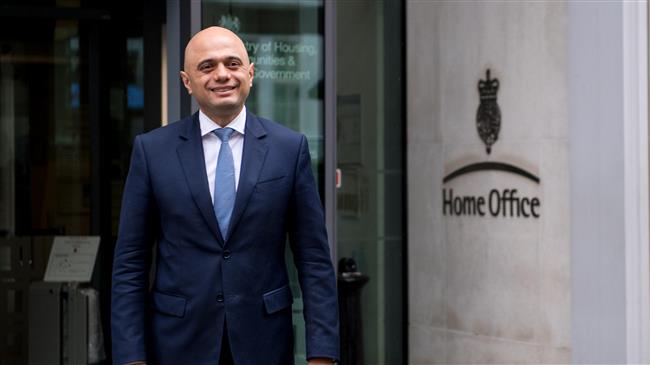

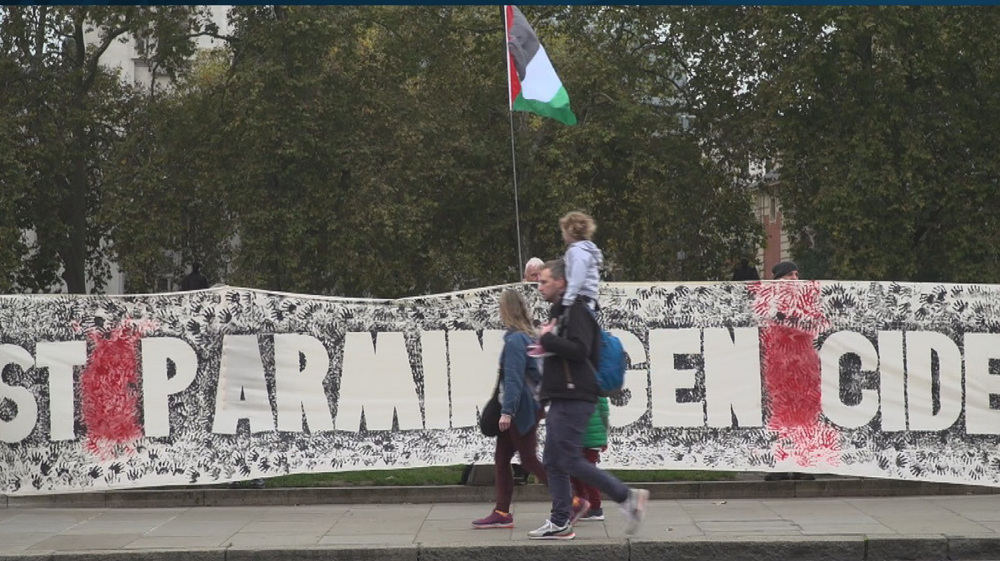
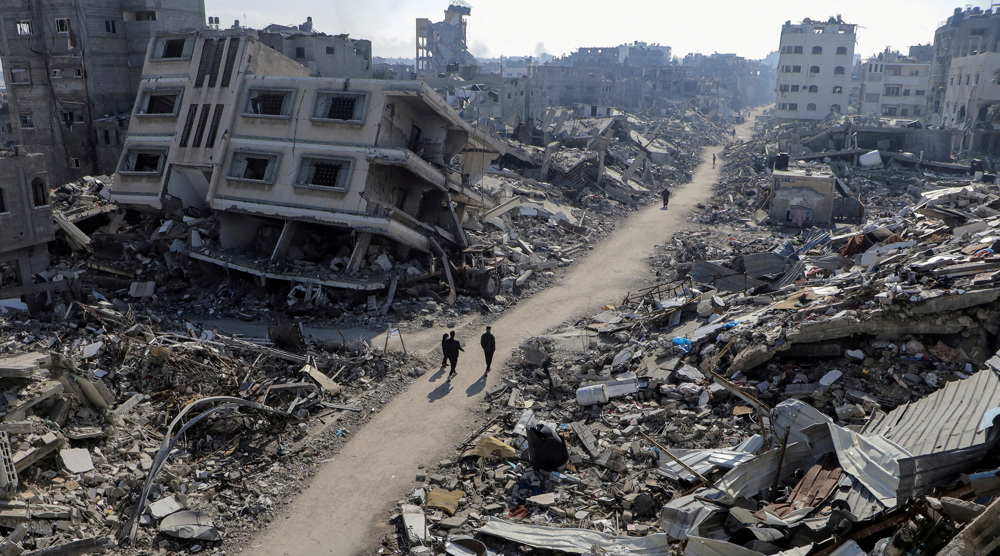
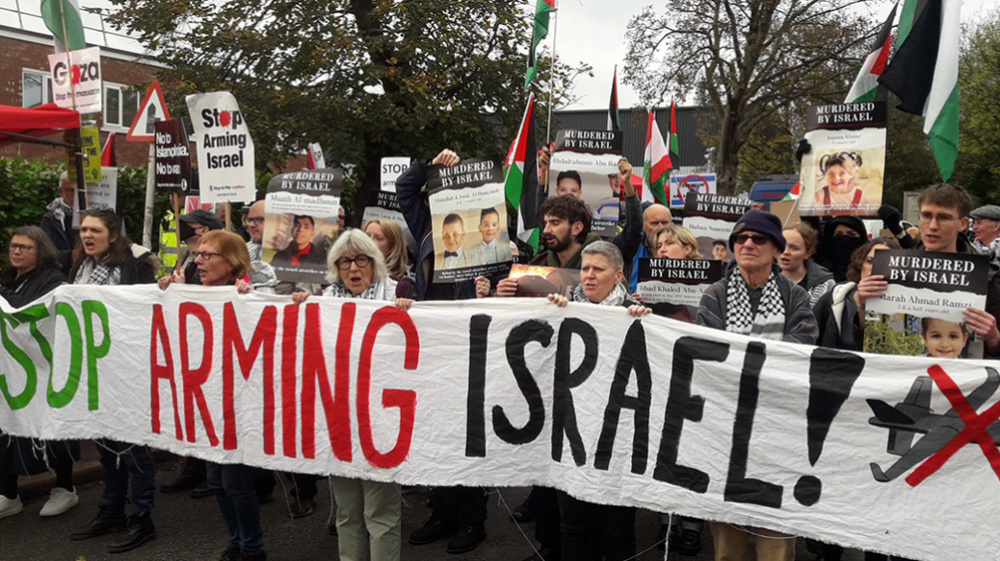



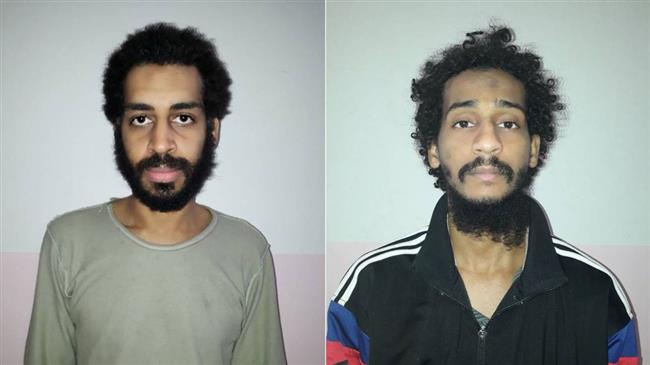
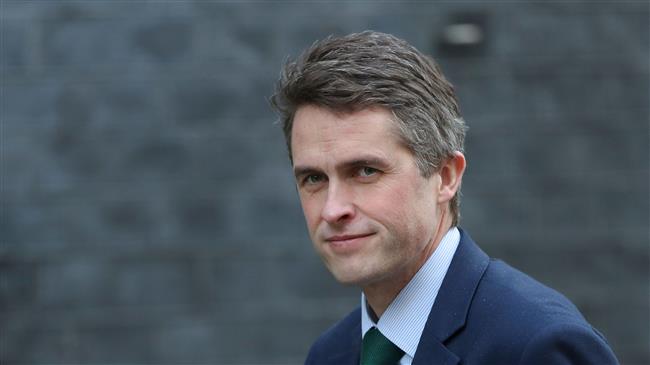
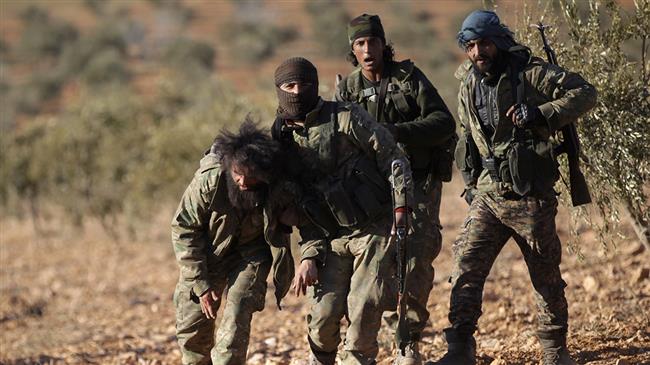

 This makes it easy to access the Press TV website
This makes it easy to access the Press TV website